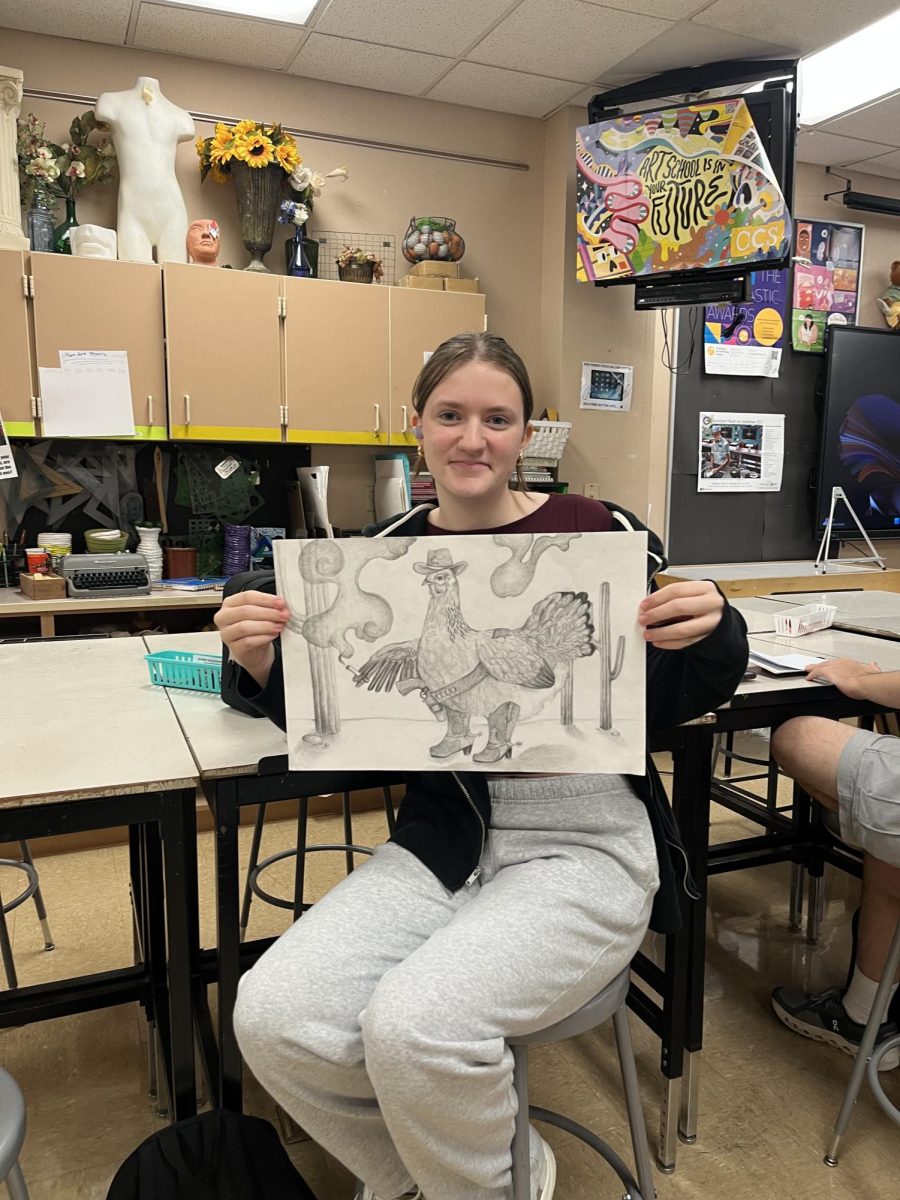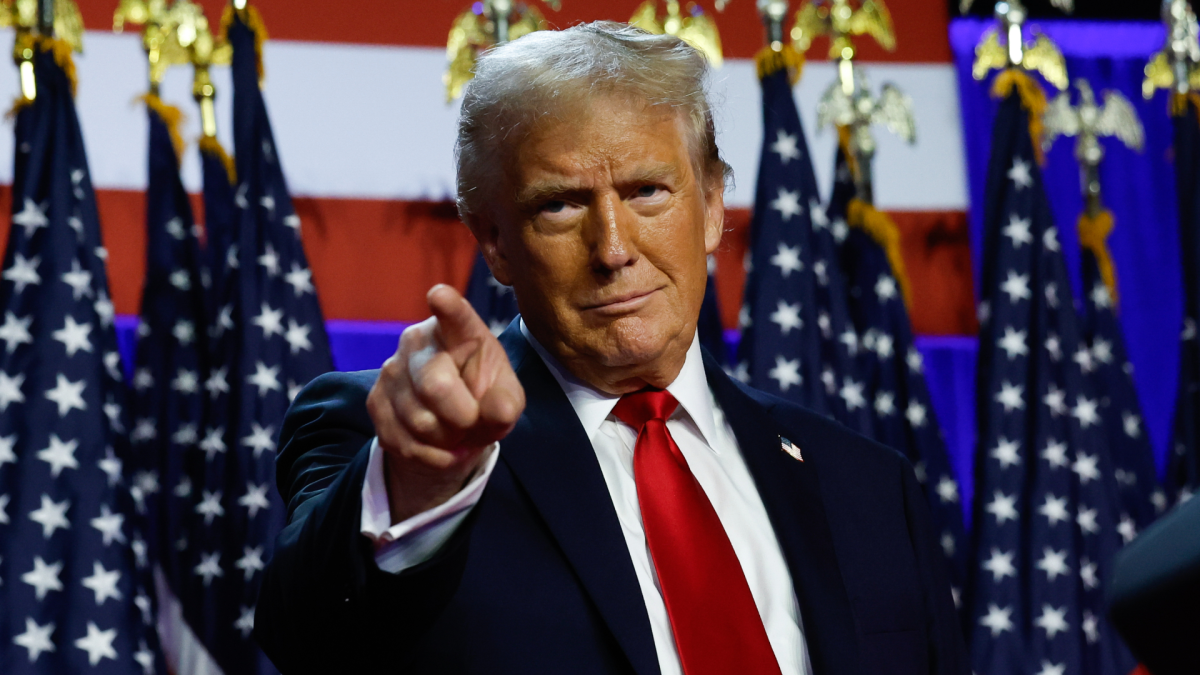The 2024 election proved to be a powerful reminder of the strength of American democracy with record voter turnout and a huge debate over the nation’s future.

Donald Trump was elected for his second term in office ousting a tough opponent Kamala Harris, 312 to 226 electoral college votes. In the process, he won every single swing state. These include Georgia, Michigan, North Carolina, Pennsylvania, Wisconsin, Arizona and Nevada.
These states are especially key because they are not commonly attached to one political party. They are the states that ultimately end up deciding the election, and by targeting these states, Trump was able to gain a huge advantage.
Nathan Elliott, government teacher who has been following the election since 2020 says, “Harris was tied too much to the Biden administration on the border.”
When asked if there was anything she would change about Biden’s presidency on CNN Harris said, “There is not a thing that comes to mind,” (Dovere CNN Politics).

This was a major blow to her campaign with the media saying, “The thud fell in a campaign already struggling with a listless October, which had replaced the summer exuberance and a September debate that nearly every political observer other than Donald Trump acknowledged she crushed,” (Dovere CNN Politics).
In an interview with political science professor David Schultz Sarah Shamim got this answer, “Economic issues along with feelings of being ignored drove the Trump victory,” (Shamim, Aljazeera Journal) Schultz said.
Trump was targeting his campaign at the issues at hand in each state he went to. Elliott says, “He was stronger on the issues, and was able to appeal more in terms of the economy.”

Also, senior Luke Sokolowski, adds, “Donald Trump connected very well with the younger generation through podcasts. Also, he ran his campaign on the obvious problems America is facing.”
The country saw several different reactions to Donald Trump winning with many flustered, while many rejoiced and celebrated. “Find a way to bring the people together, bring together both parties to work towards one common goal of coming together as the United States,” says assistant principal Kelli Izzo.
In the end, the election highlighted the need for more informed, thoughtful political engagement. Both Trump and Harris appealed strongly to their bases, but neither was able to unite the country.
Moving forward, Izzo and Elliott hope for a political environment where leaders focus on unity, compromise, and critical thinking, instead of fueling division. Their overall message is clear: to move forward.
Elliott has this to say about the current rifts in society due to politics, “It may be the rhetoric and it’s been more of the readjustment that’s put people more at odds.”
In addition, Elliott expanded on his desire to see a unified country with this statement on what he thinks should be Trump’s first goal in his new term. “A message of coming together and a message of vision unity to remind the people, and Ohio people, we are one country, and one team. We have different visions of where we want to end up, but as long as we get there, let’s get together.”
Ultimately, the future of American politics depends on its ability to adapt to changing times while holding onto the principles of democracy and unity. Citizens and politicians alike must commit to engaging with each other in good faith, recognizing that compromise does not equate to weakness, but to strength.




































